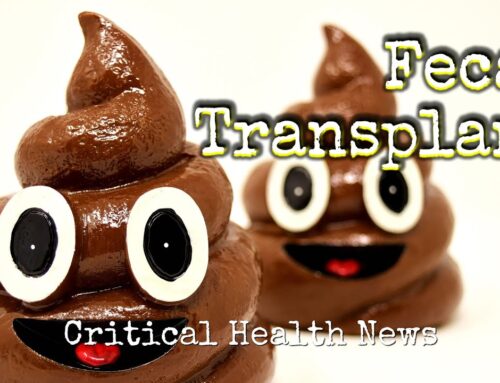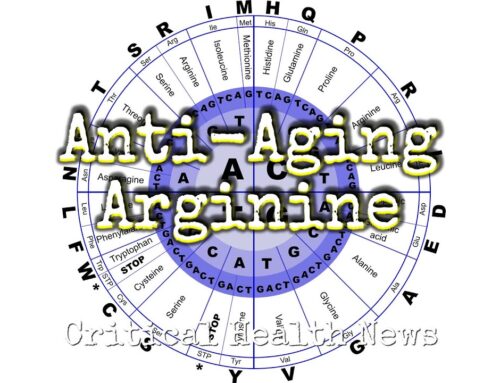Most of us, as we age anyway, are losing our minds. That’s probably why brain health supplements are all the rage, with various formulas claiming to improve memory, learning and neural functioning, to the tune of up to 10 billion dollars in sales every year.
While many health professionals believe that there isn’t enough scientific evidence to suggest them to their patients, the brain is an energy hog. It’s two percent of our body’s weight, but uses almost 20 percent of its nutrition. Given the deficiency state of the average American, it’s hard to believe that strategic supplementation cannot provide at least a few cognitive benefits.
Some important brain supplements include ginkgo, which has a well-deserved reputation as a learning aid and berry extracts which are especially neurosupportive. Vitamin E is so important for neurons that it’s been used to address the symptoms of Alzheimer’s dementia. Coconut oil contains brain-friendly saturated fats. Omega-3s from fish are recommended for fetal neural functioning and hand-eye coordination.
Recently, a synthetic derivative of an extract from the periwinkle plant has demonstrated promise for slowing down the effects of brain aging. It’s called vinpocetine. In addition to improved blood flow to brain tissue, the man-made molecular analog enhances the effects of the brain’s glucose metabolism, as well as electrolyte balance and oxygen utilization.
In addition to improvements in cognitive health, vinpocetine which is available in health food stores and on the internet may also provide benefits for sufferers of tinnitus, Ménière’s disease and insomnia.










